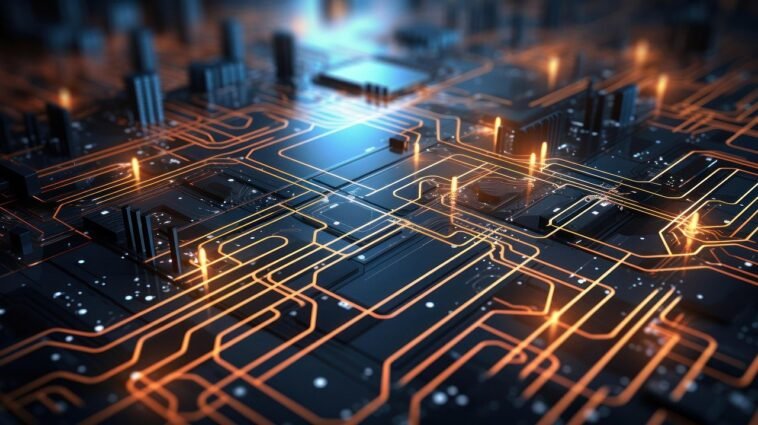Origin of Neurostimulation Devices
Neurostimulation devices have a long history dating back to the early 19th century when scientists first began exploring the effects of electrical stimulation on the nervous system. Over the years, this technology has evolved significantly, offering new hope for patients with chronic pain, neurological disorders, and mental health conditions.
Breakthroughs in Neurostimulation Technology
In 2025, neurostimulation devices have seen remarkable advancements in terms of miniaturization, wireless connectivity, and personalized treatment options. Researchers have developed sophisticated algorithms that can precisely target specific neural pathways, providing more effective and tailored therapy for patients.
Applications of Neurostimulation Devices in 2025
Today, neurostimulation devices are being used in a wide range of medical fields, including pain management, neurology, psychiatry, and rehabilitation. These devices can help alleviate chronic pain, improve motor function in patients with neurological disorders, and even enhance cognitive function in individuals with mental health conditions.
Importance of Neurostimulation Technology
The significance of neurostimulation technology lies in its ability to offer non-invasive and drug-free alternatives for managing various health conditions. By directly modulating neural activity, these devices can provide targeted relief with minimal side effects, offering new hope for patients who have not responded well to traditional treatments.
What Lies Ahead for Neurostimulation Devices?
As neurostimulation technology continues to advance, the possibilities for improving patient outcomes are endless. How will the integration of artificial intelligence and machine learning further enhance the efficacy of these devices in the future? Will neurostimulation become a standard treatment option for a wider range of medical conditions? Only time will tell.


